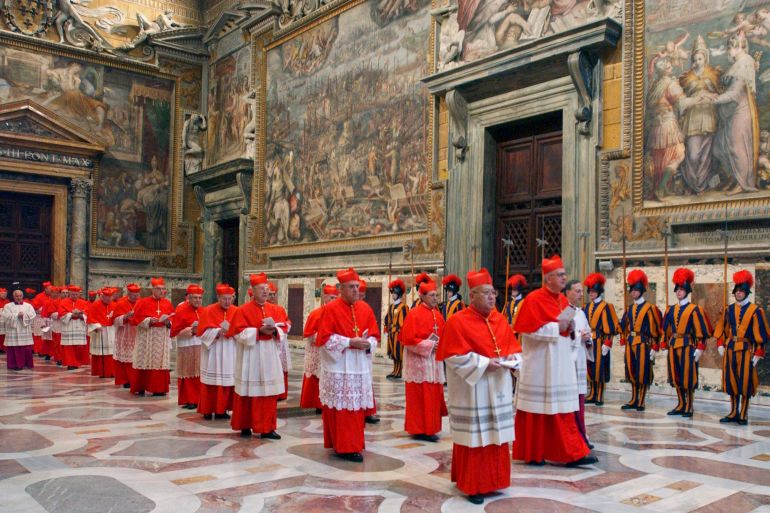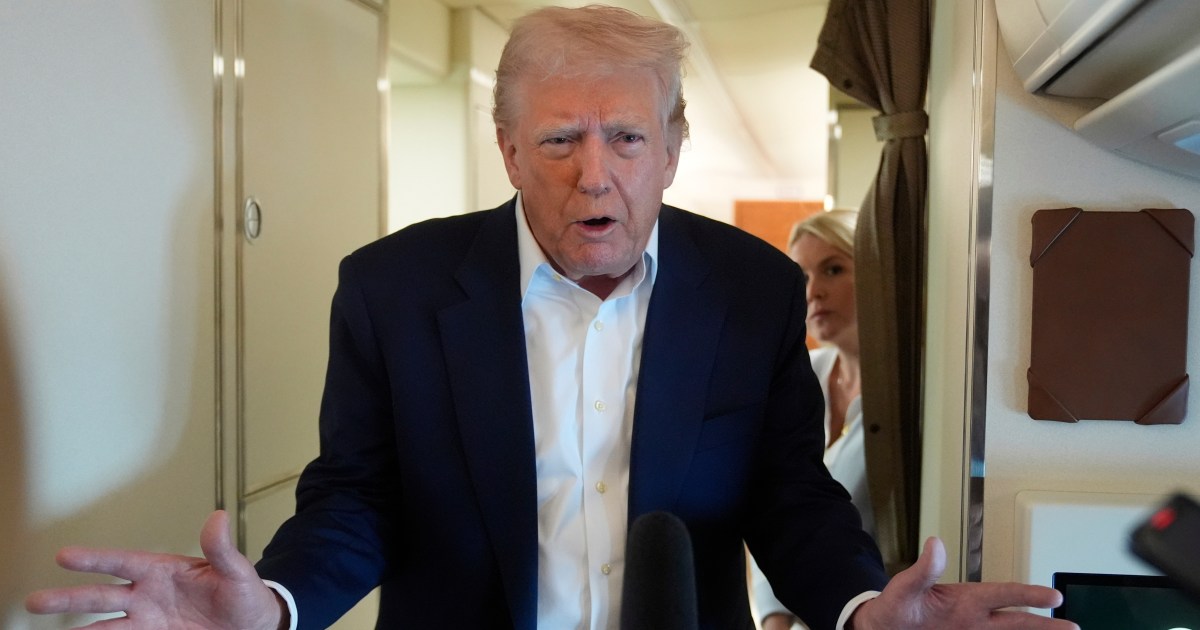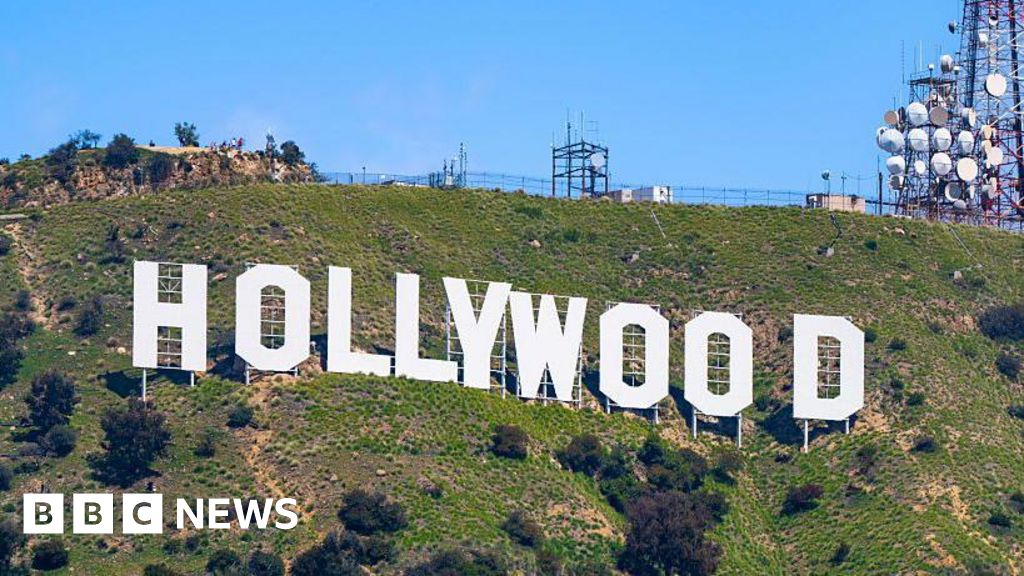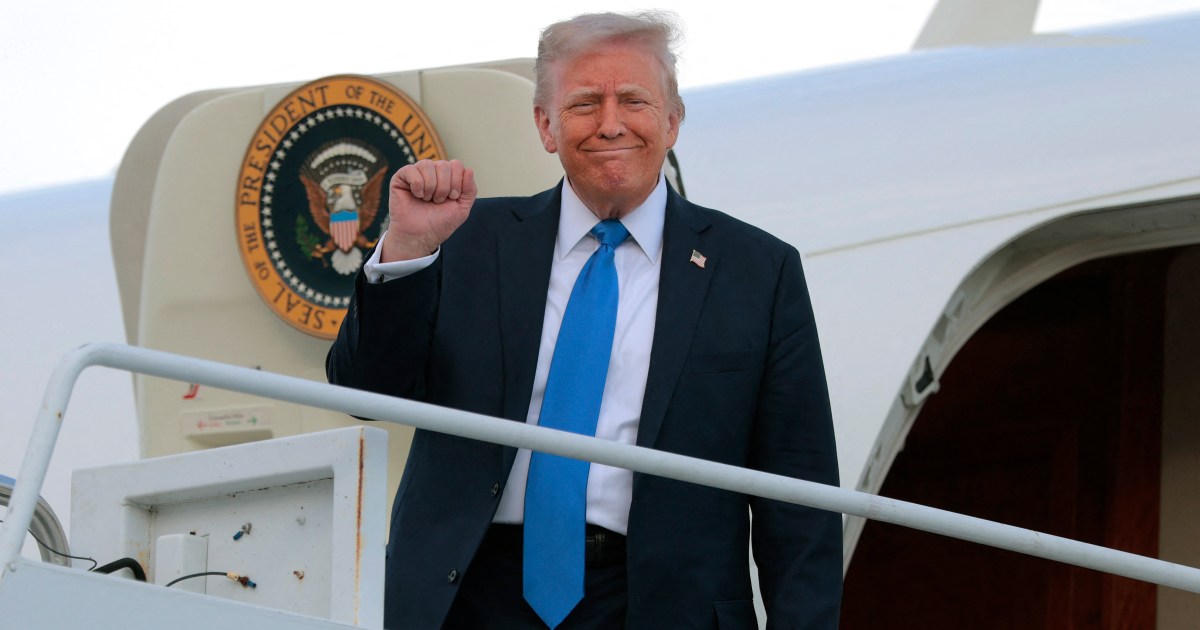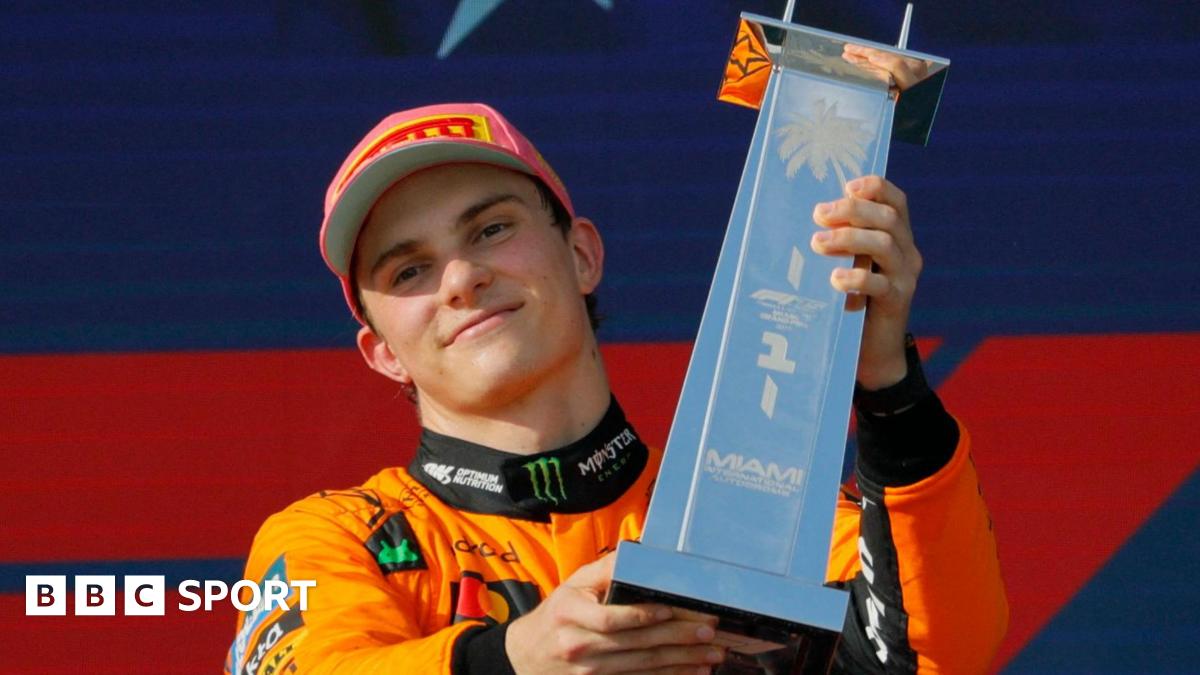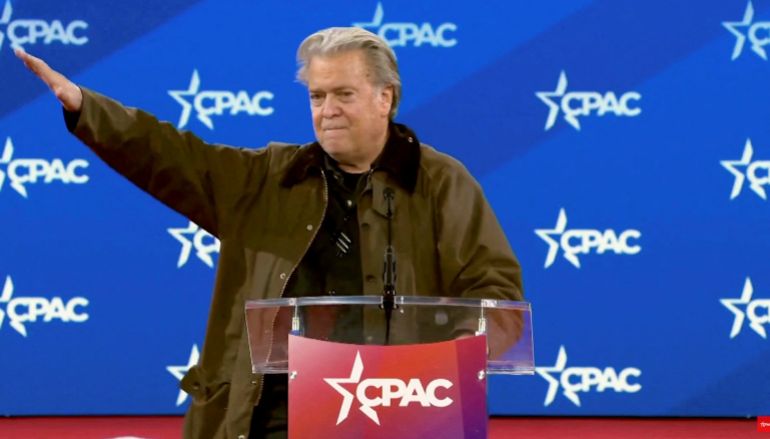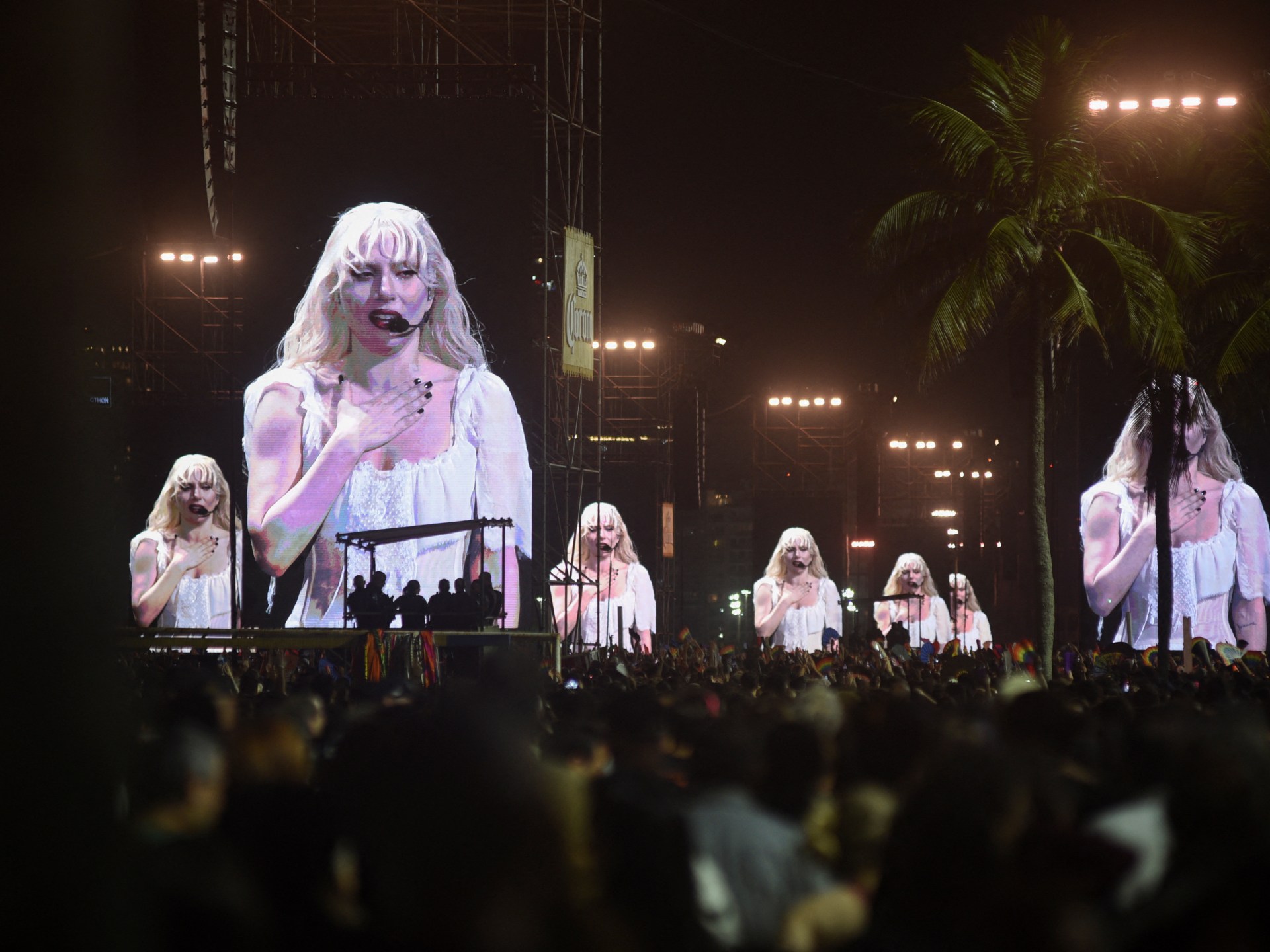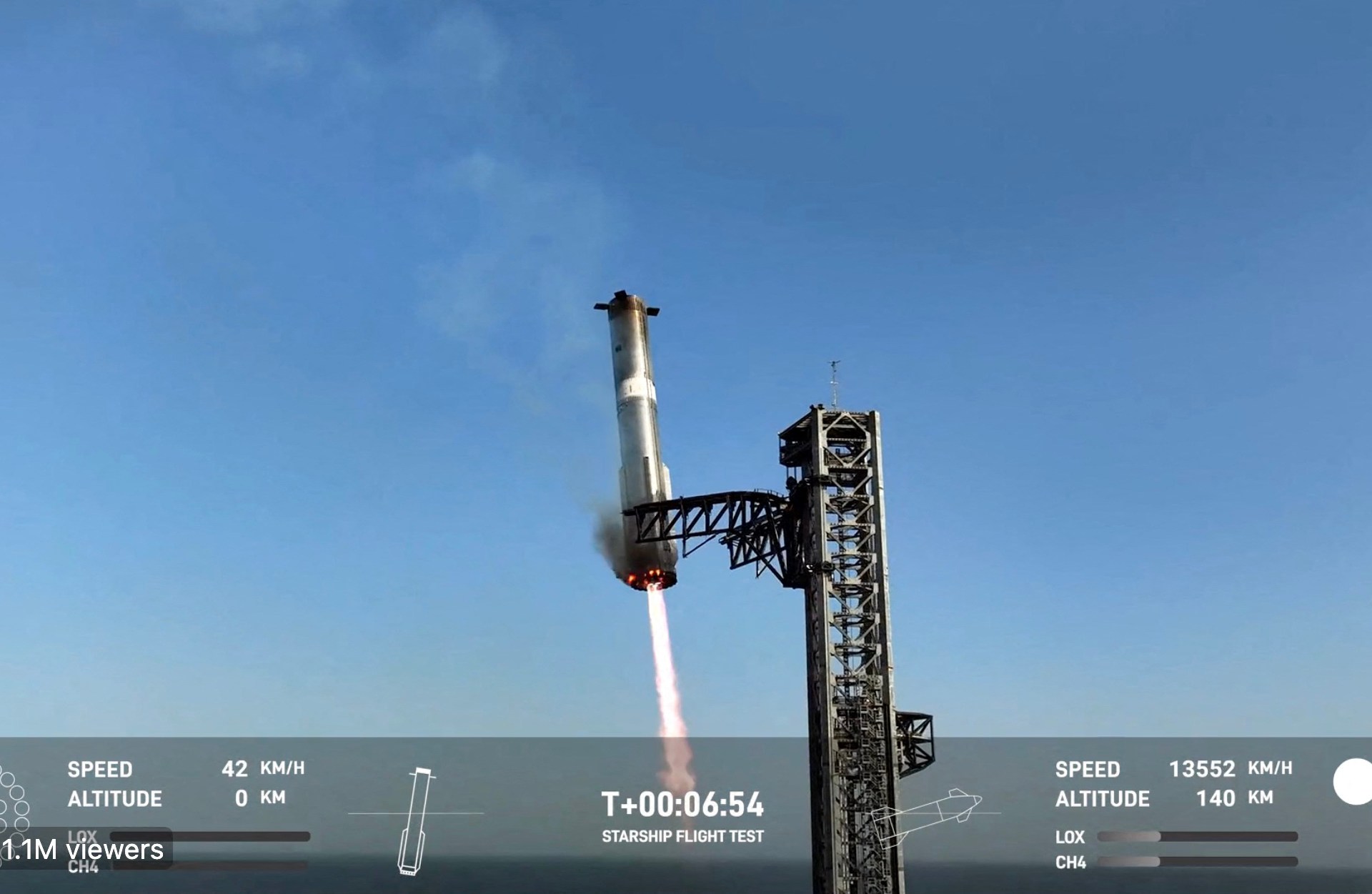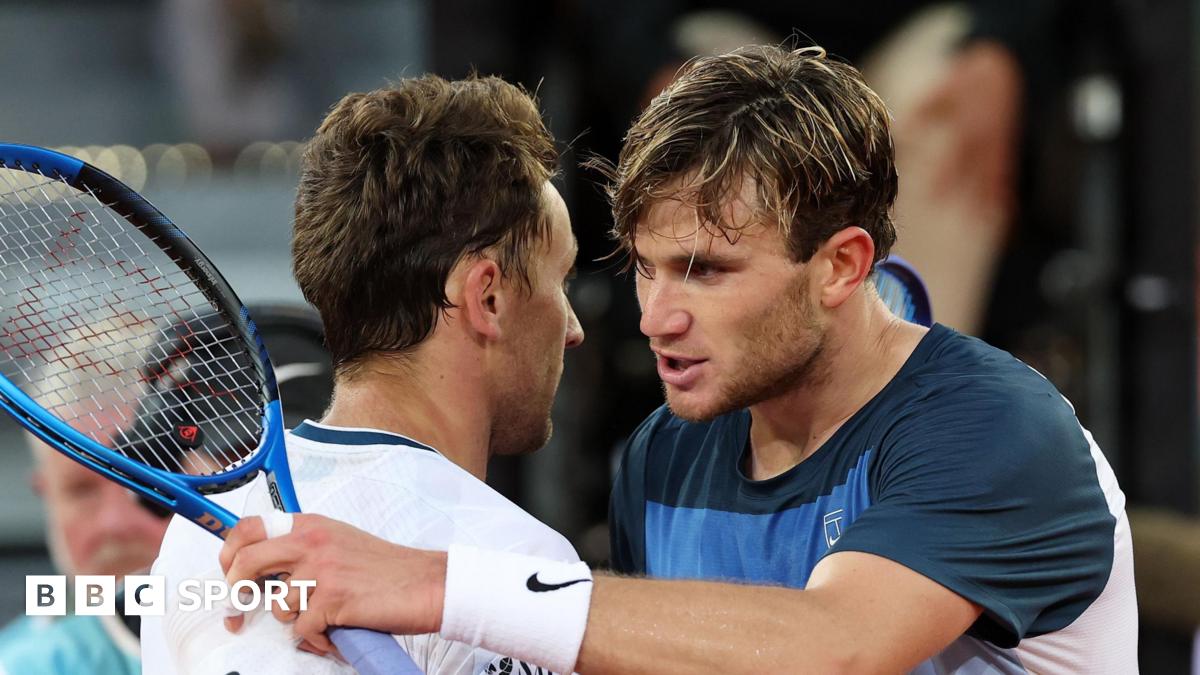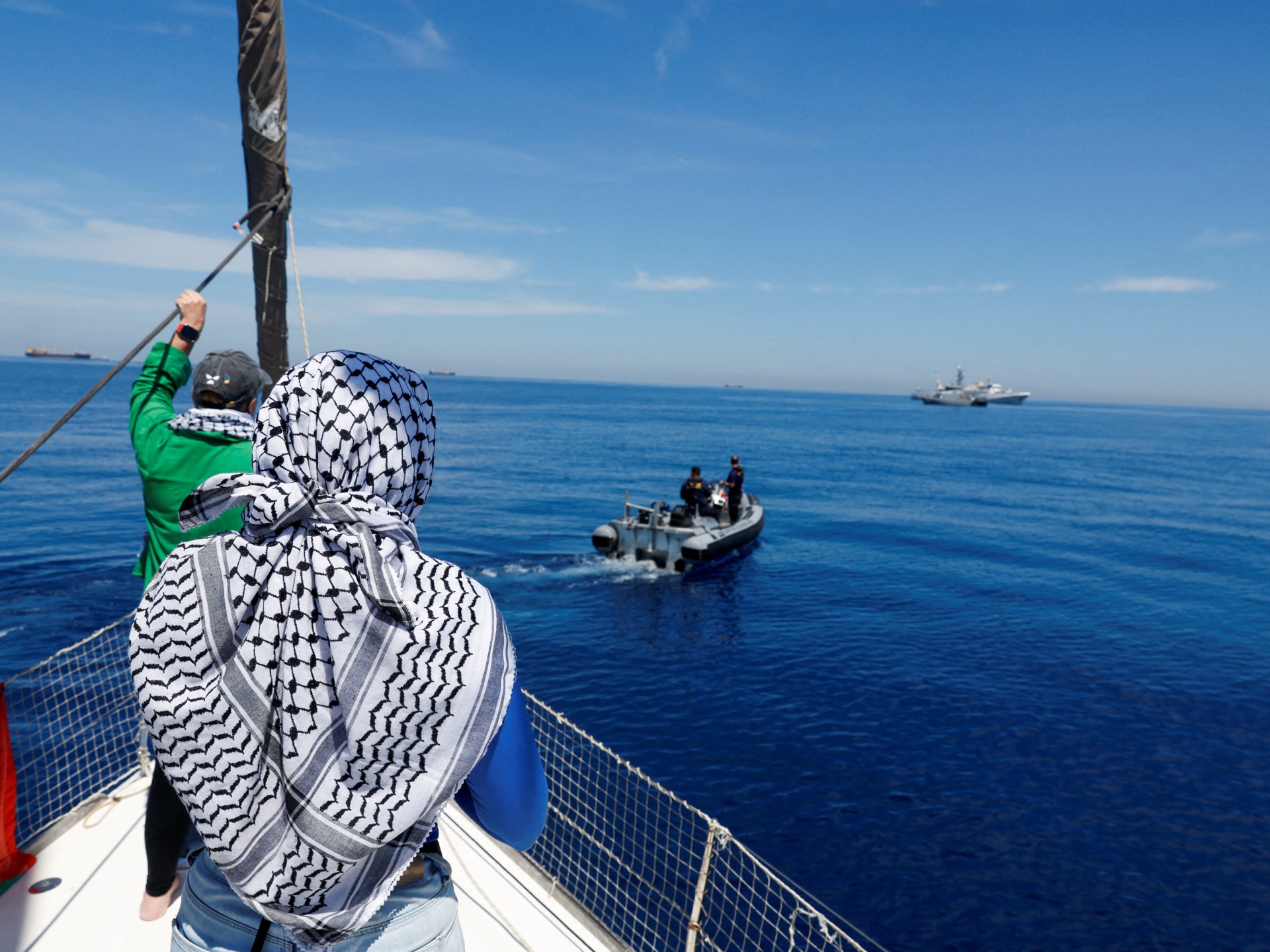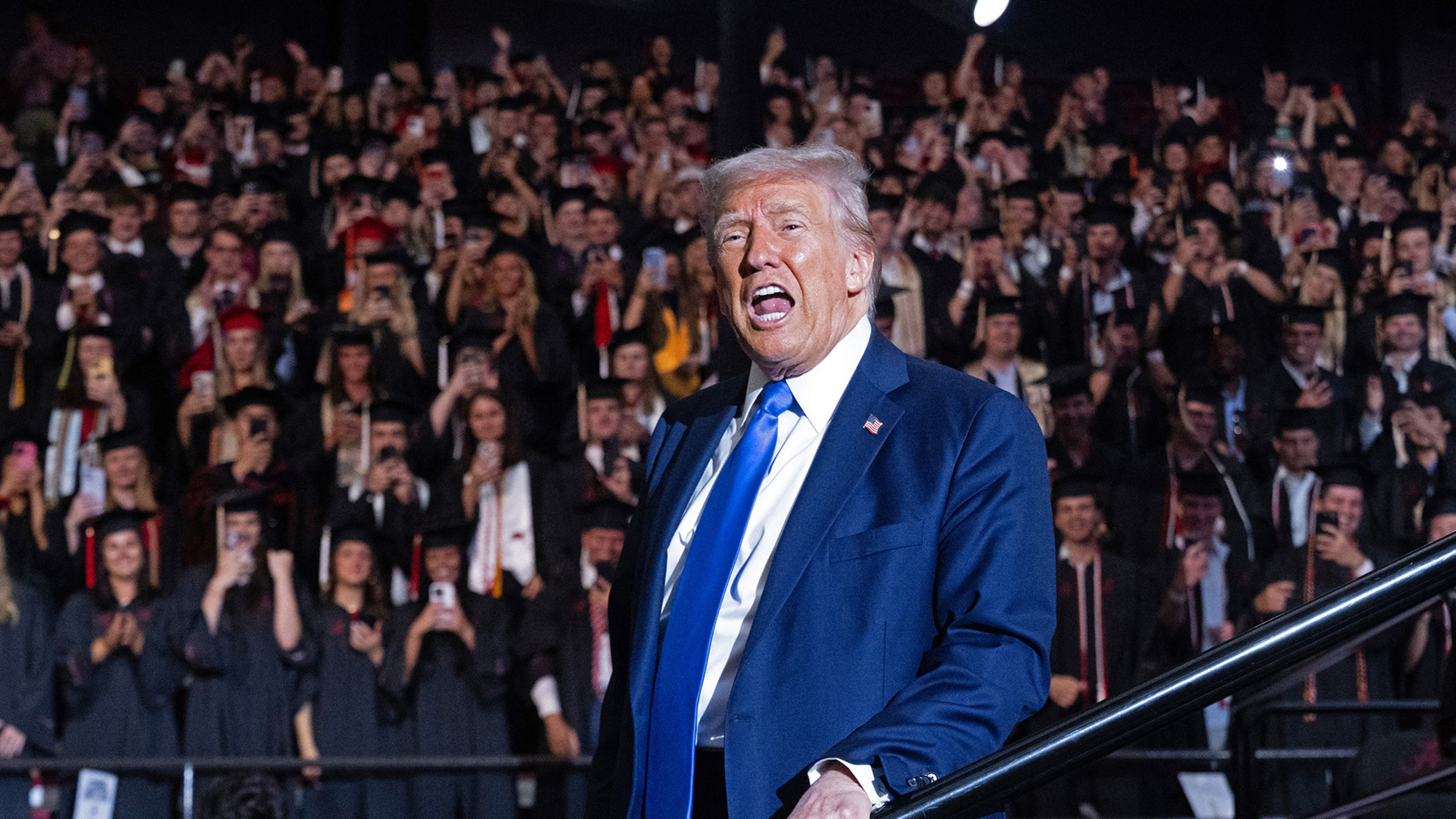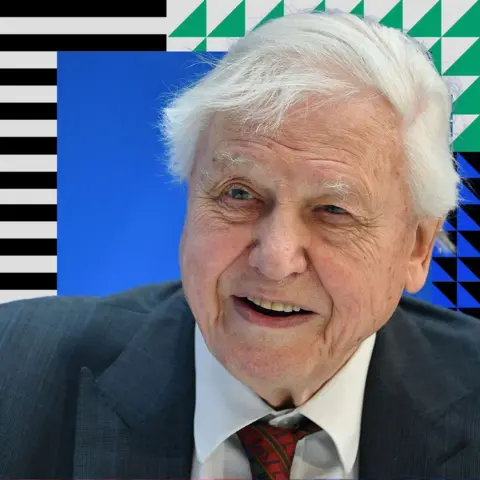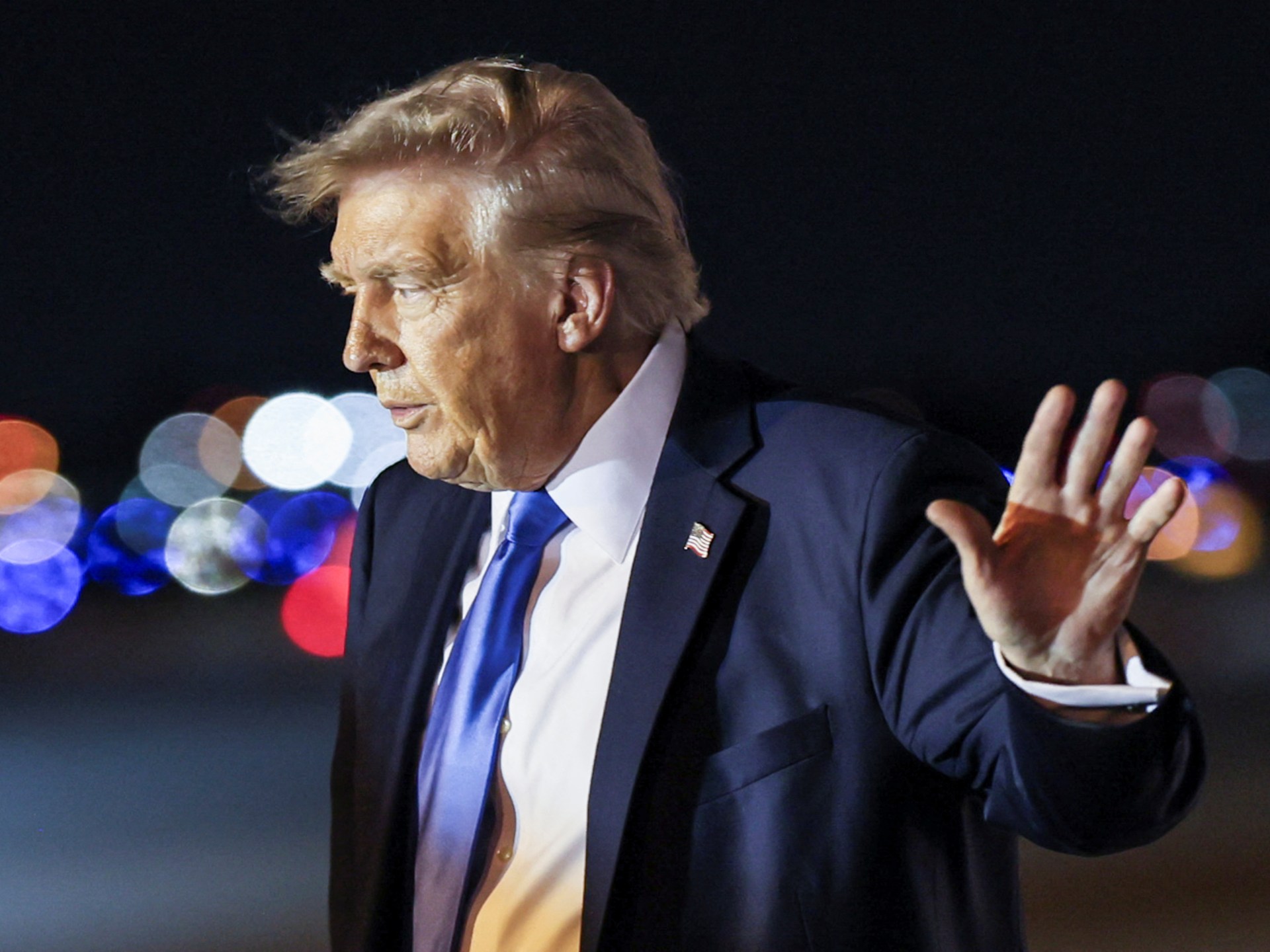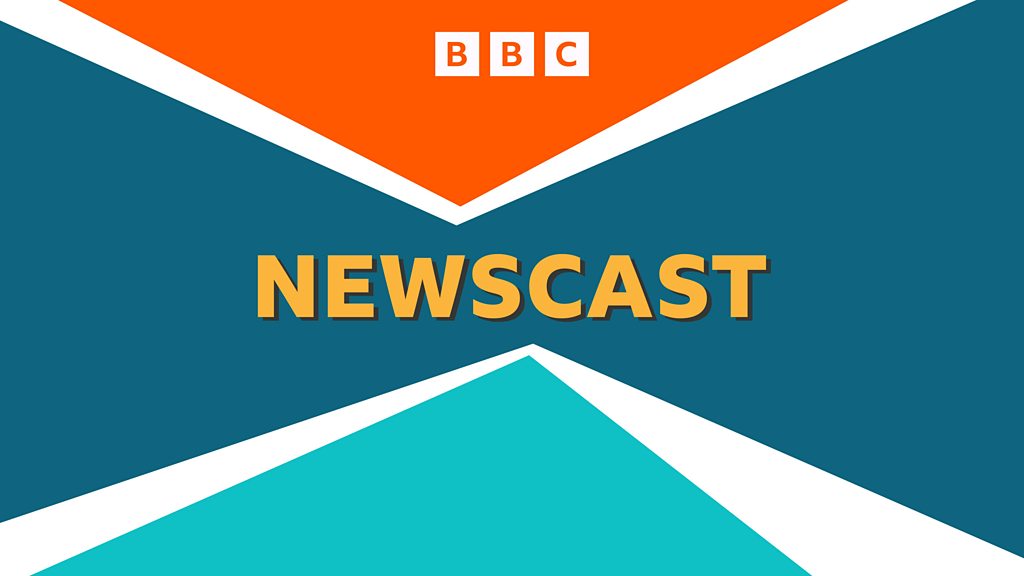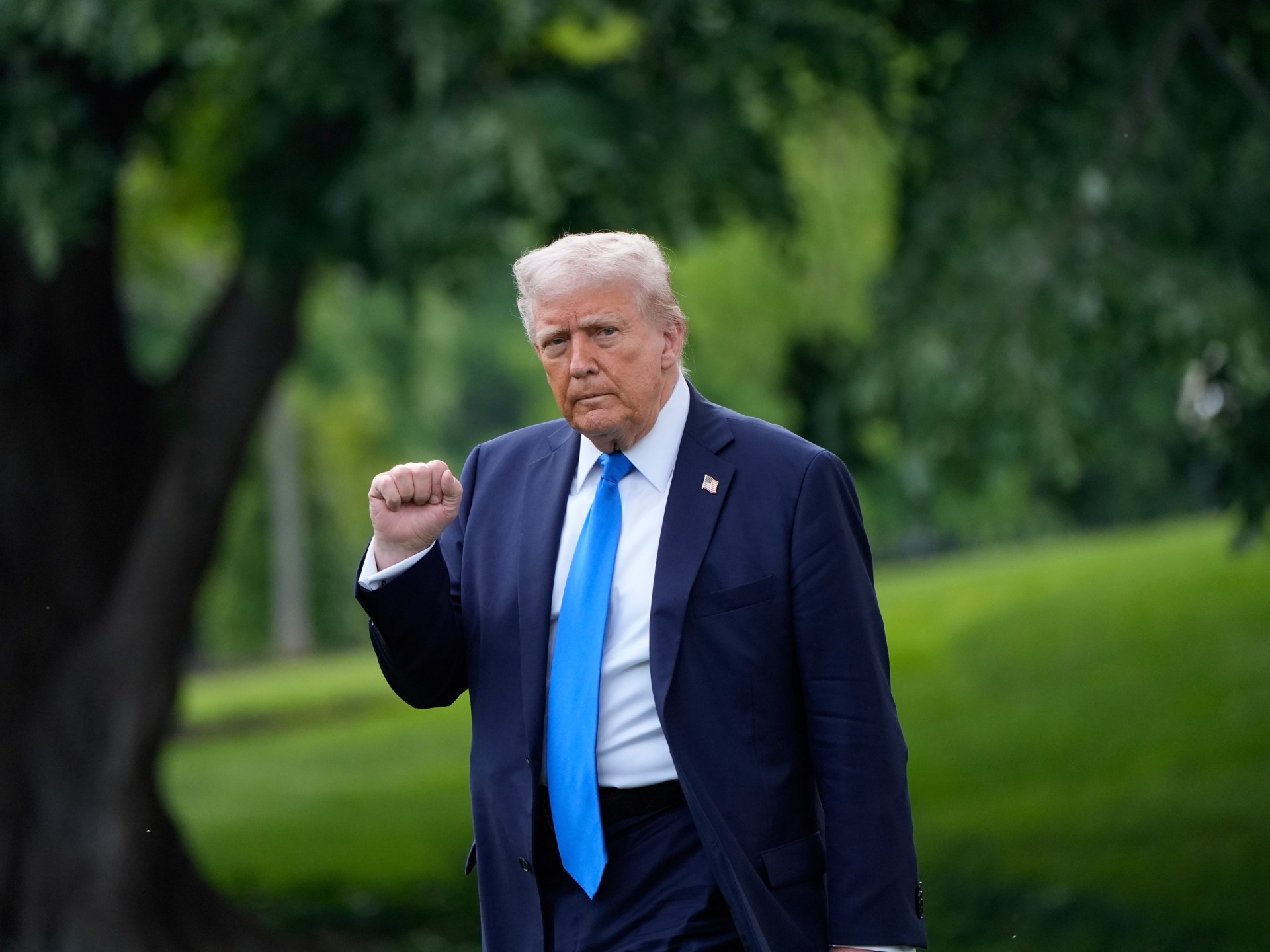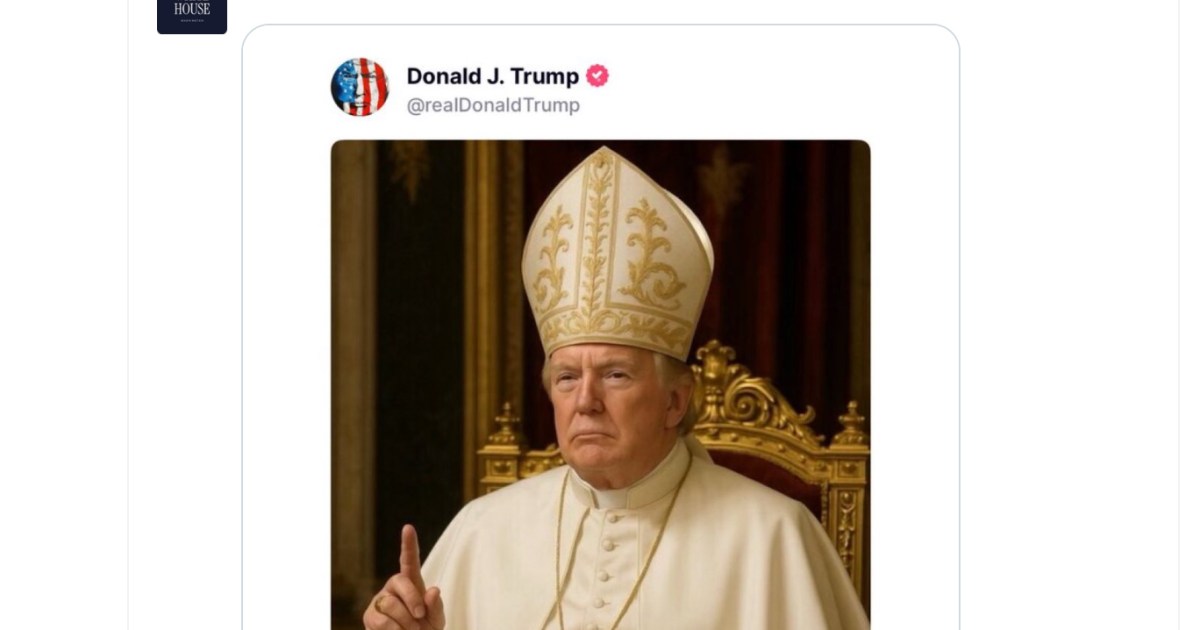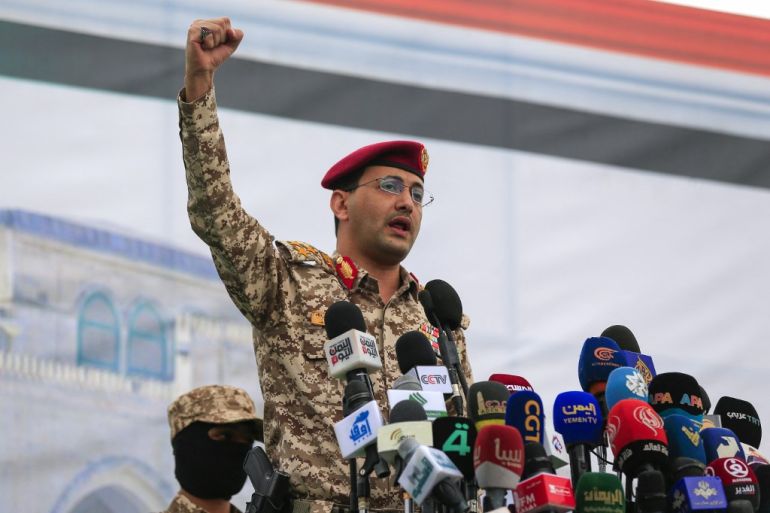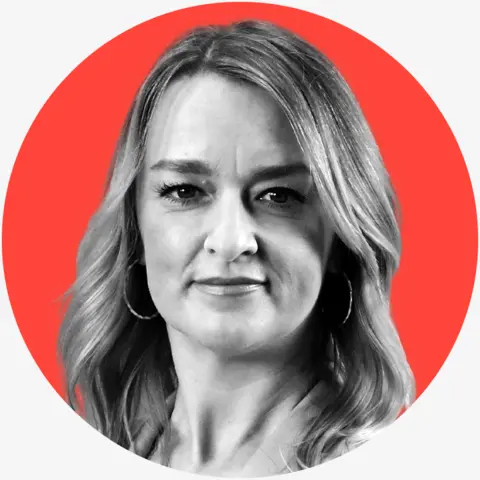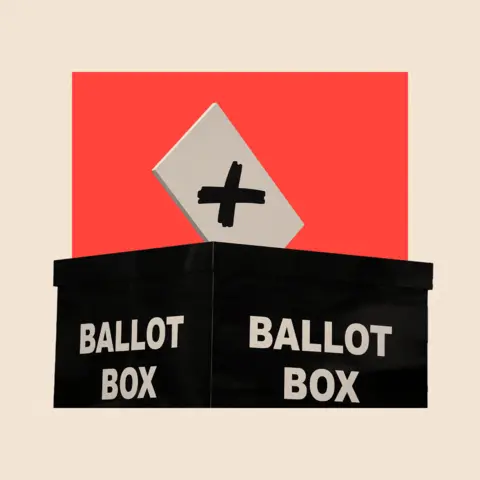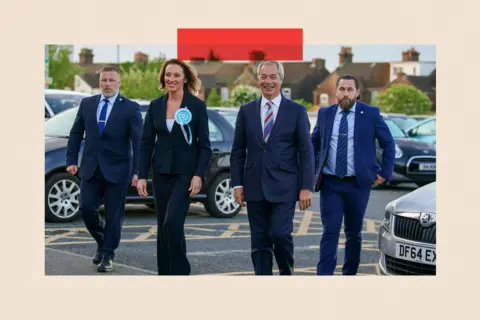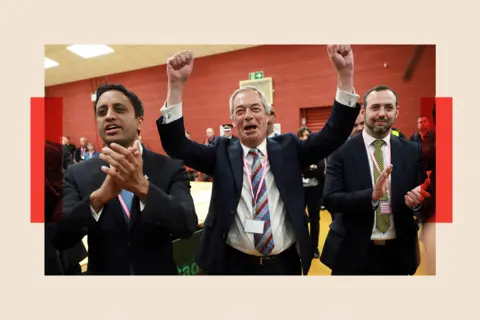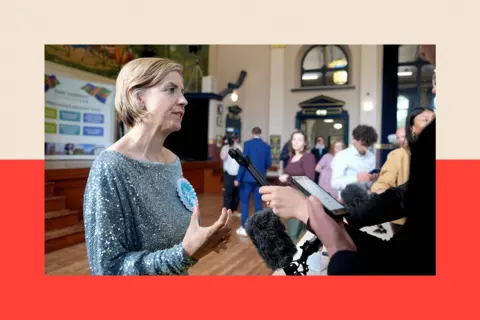Who are the main contenders to be the next pope? | Religion News
Cardinals from around the world will meet this week to formally begin selecting the next pope in a secret ballot after the late Pope Francis‘s funeral on April 26. The vote itself will take place behind the sealed doors of the Sistine Chapel sometime after May 7.
Selecting the next leader of the Catholic Church is a momentous and highly anticipated task. The church counts some 1.4 billion baptised Roman Catholics around the world as members.
Elections in the Vatican are not immune to lobbying and campaigning. First, the cardinals must hold a series of congregazioni – special meetings at which they will discuss what sort of leader they are looking for. While only 135 cardinals will be able to vote, as they are below the age of 80, as per the voting rules, all cardinals can attend these meetings irrespective of age.
Roberto Regoli, a professor of Catholic Church history at Rome’s Pontifical Gregorian University, said that unlike in a normal election, none of the top contenders in the Vatican is openly canvassing to be elected. Most people would say they do not want the post if asked, he said.
“It’s a lot of work,” Regoli told Al Jazeera. “You have no time to do anything for yourself.”
Results can often be surprising, and experts are wary of speculating in advance. In 2013, for example, Pope Francis was not even counted as a favourite in the media. It was only after a speech he gave at one of the congregazioni that he was noticed.
Here’s what we know about some of the possible candidates.

What is the process and timeline for selecting the next pope?
The College of Cardinals will ultimately elect one of their number to be the next pope. There are currently 252 cardinals, 135 of whom are cardinal electors as they are under the age of 80 – the cut-off date for papal elections.
After a few days of meetings, the 135 voting cardinals will be sequestered in the Vatican’s Sistine Chapel on May 7 in what is known as a “conclave”. They will have no access to phones, the internet, or the outside world. No cardinal can leave until a name is pronounced, barring exceptional circumstances.
Cardinals will vote in one or several secret ballots to elect the new pope. The winner needs a two-thirds majority.
Observers standing outside the Vatican will know a pope has been selected by the colour of the smoke emerging from the chimney of the chapel: black means no consensus, white means a new pope has been declared.
Conclaves usually last for several days or, in some cases, weeks. Pope Francis was elected in two days.

Who are the voting cardinals?
Francis’s reforms changed the makeup of the College of Cardinals. He appointed 80 percent of the current cardinals, selecting them from around the world – with a particular emphasis on the Global South – and choosing people with different ideological leanings.
For the first time, countries like Mongolia, Iran and East Timor will be represented. Among the cardinals are people who are conservative on topics such as same-sex marriage and divorce, as well as others who are less orthodox. The bigger mix of views – and the much larger representation of the Global South – makes this vote a particularly unpredictable one, experts say.
What are the cardinals looking for in a new pope?
In their meetings before the conclave, the cardinals will be trying to decide if they want a liberal-minded leader like the late Pope Francis, a more traditionalist pontiff like his predecessor, Pope Benedict XVI, or someone with moderate tendencies.
Cardinals will also likely be looking for someone skilled in international diplomacy, Regoli said, with the world facing multiple conflicts and changing geopolitical dynamics. The church would also prefer someone not too young, to ensure a relatively short tenure.
Ideology and geography will also play a role, historian Miles Pattenden, who is associated with the University of Oxford, told Al Jazeera.
“Francis was known to be spontaneous, and the church might be looking to elect someone more cautious in his reactions,” he said. And, with the Catholic population growing in Asia and Africa, the cardinals may want to send the message that an Asian or African pope is more representative.
Personal charm, though, is the secret ingredient. Because many of the cardinals have rarely met, it is hard to know who might get along well with whom. The next pope will be the cardinal who, without appearing to do so, can convince the others that he can represent the church globally and address the church’s challenges: adapting to secularisation, and coping well with recent sex and financial scandals, as well as declining membership in the West.
Most of all, electors do appear to be looking for a sober and unifying figure who can bring stability to the church’s central government after Francis’s more revolutionary style of leadership.
Who are the top contenders?
Here is a list of candidates, in no particular order, who experts believe are frontrunners.
Cardinal Luis ‘Chito’ Antonio Tagle, 67
Some observers believe the future of the church’s leadership lies outside the traditionally elected class of Italian cardinals.
Tagle, from the Philippines, might suit the cardinals who want that growth to be more visible. The country is the most Catholic in the world, with 80 percent of its 100 million people identifying as Catholics. If elected, Tagle would be the first Asian pope.
Ordained a cardinal in 2012 by Pope Benedict, Tagle currently leads the church’s evangelisation programmes from the Vatican. A former archbishop of Manila, Tagle is popularly referred to as the “Asian Francis”. His style of leadership is similar to the late Pope Francis’s pastoral approach, Pattenden said.
While he is opposed to abortion, he is dedicated to social justice causes such as migration and poverty, and has pushed for a less harsh stance on gay people, divorcees and single mothers. Senior roles within the Holy See since 2019 have also seen him gain Vatican experience.

Cardinal Pietro Parolin, 70
Italian and present Vatican secretary of state, Parolin’s background and position within the church mean he has a strong chance of being considered for pope. He has held the number two position in the Vatican since 2013.
With diplomatic stints for the church in Nigeria, Mexico, Spain and Italy, he is regarded as a skilled, stable hand on the world stage. He has pushed to improve China-Vatican relations, which have been strained because of the Holy See’s recognition of Taiwan.
Parolin’s supporters say that while he agrees with some of Francis’s ideals (he supports embracing the divorced and opposes the United States administration’s plans for Gaza), he is also a pragmatist who understands the nuances of diplomacy and may take a more moderate approach than Francis. Critics, however, say he lacks pastoral experience and might put diplomacy above the church’s interests.
“Parolin or Tagle might best represent some kind of continuity of the Francis style if that’s what the church decides is the way to go,” Pattenden said.

Cardinal Peter Kodwo Appiah Turkson, 76
Of three prominent African frontrunners, Turkson, who hails from Ghana, is seen as the more moderate and, thus, more suited to diplomacy. The cohort of African cardinals is, in general, regarded as quite conservative, particularly when it comes to the position of women in the church and same-sex marriage.
Experts previously marked Turkson as a favourite in 2013. Although he leans more conservative than liberal, he is opposed to the criminalisation of gay relations in Ghana, where a bill imposing harsh penalties on homosexuality was passed.
There has never been an African pope, and such an election would be “ground-breaking”, Pattenden said.

Cardinal Peter Erdo, 72
Described as cautious and risk-averse, the Hungarian priest is a respected lawyer and staunch conservative who is likely to have backing from those seeking a change of approach from Pope Francis’s style of leadership.
Erdo, as the archbishop of Esztergom-Budapest, is seen by critics as friendly to the Hungarian right-wing and anti-migrant governing party, Fidesz, causing some observers to describe his candidature as one to be afraid of. While he is not directly opposed to the rights of people to migrate, Erdo has raised questions about how integrating refugees might endanger political stability in Hungary. Critics cite this stance as one close to approving Fidesz’s criminalisation of migrants. Some also say Erdo has been unwilling to properly investigate allegations of sexual abuse in the Catholic Church.
In an opinion piece in the UK’s Guardian newspaper, Hungarian journalist Alex Faludy wrote that Erdo’s name on the list should make observers “fearful”.
“Erdo’s possible ascent to the papal throne would be bad news for LGBTQ+ Catholics and those who have remarried after divorce,” Faludy wrote. “It should, however, also worry abuse survivors and anyone concerned with the integrity of Christianity’s presence in public life.”
The priest was previously viewed as a favourite in 2013, when he was 60 years old, but did not gain strong backing. At the time, observers said he was seen as too young.

Cardinal Matteo Zuppi
Another well-recognised diplomat, an Italian and Archbishop of Bologna, Zuppi led a peace mission to Ukraine in 2023 and helped mediate an end to the Mozambique civil war in 1992.
He was appointed cardinal in 2019 by Francis, whose ideals he broadly agrees with.
As a member of the Catholic humanitarian group, the Community of Sant’Egidio, Matteo would be expected to focus on increasing outreach to disadvantaged or crisis-hit communities.

Cardinal Fridolin Ambongo Besungu
The archbishop of Kinshasa in the Democratic Republic of the Congo, Besungu represents a key demographic in the church: the DRC has more than seven million Catholics, making it the biggest Catholic country in Africa.
Cardinal Besungu is staunchly traditionalist. While he has spoken out against human rights violations in his homeland, he is unequivocally against blessing same-sex relationships (which Pope Francis introduced), even standing up and criticising Pope Francis about his rulings on the topic.
He is another favourite for the conservative camp.

Cardinal Michael Czerny, 78
Originally from Czechoslovakia but raised in Canada, the cardinal leads the social justice operations of the Vatican.
He was appointed by Pope Francis and is, like him, a Jesuit – an arm of the church known for its focus on education, missionary work and charitable activities. The two men were considered to be close.
Czerny has worked in Africa and Latin America and founded the African Jesuit Aids Network.
Experts say it is possible Czerny will appeal to progressives in the church, but there are doubts about whether the College would immediately vote for another Jesuit pope.
“Normally, we don’t have two consecutive popes of the same order,” Regoli said.

Cardinal Pierbattista Pizzaballa, 60
From Italy, Pizzaballa is the Latin Patriarch of Jerusalem where he has lived since being ordained as a priest at 25 years old.
Pope Francis appointed him as cardinal in 2023.
He has a good understanding of the complexities of the Palestine-Israel conflict, Israel’s ongoing war on the Gaza Strip and Middle Eastern relations.
Pizzaballa has spoken out against the Gaza war, rebuking both sides. In the early days of the war, he offered to exchange himself for child captives taken during Hamas’s attack on Israel on October 7, 2023.
Pattenden said one critical factor the church will look at is age. Pizzaballa, at 60, is much younger than Pope Francis was when he was elected (76). That means, even if a strong contender, Pizzaballa’s age might not appeal to some voters.

Cardinal Robert Sarah, 79
The Guinean cardinal is perhaps the most traditional and orthodox of all the frontrunners and is one of the most recognised African church leaders.
He was appointed archbishop of Conakry at the age of 34 and was, at the time, the youngest bishop in the world. His outspoken nature placed him on an assassination hit list by the former Guinean dictator, Ahmed Sekou Toure. The list was discovered after Toure’s death.
In 2001, Pope John Paul II promoted Sarah to head of evangelisation, opening his sojourn into the Vatican proper.
Pope Benedict appointed him as a cardinal in 2010 and he retired from active office in 2021 as prefect for Divine Worship and Discipline of the Sacraments.
He reportedly had turbulent relations with Pope Francis, however. Sarah’s leanings, age and Vatican experience put him at a sweet spot for those in the college looking to roll back Francis-era reforms on abortion, same-sex relations and the church’s closeness with other religions.

Cardinal Angelo Scola, 83
An old Vatican saying goes thus: “Popes who enter a conclave often emerge as cardinals.” That adage applies to Scola. Back in 2013, the Italian priest was the touted media favourite, going into the conclave as the one most people believed would be pope. When the white smoke went up, a group of Italian bishops even issued statements that Scola had been elected. But he eventually emerged as a cardinal because Pope Francis had been elected.
A former archbishop of Milan, Scola will not be able to vote because he is above the 80-year voting limit, but his name has again surfaced as a credible candidate.
His ideologies more closely model the conservationist approach of Pope Benedict XVI who appointed him cardinal.
While mute on same-sex unions so far, Scola is strongly opposed to female deacons and other left-leaning gender debates.
He has pastoral experience but is also a well-known professor and scholar with several books under his belt. He has focused on themes of interfaith and intercultural dialogue, as well as on evangelisation and helping new Catholic converts.
His critics see him as an intellectual who might be a tad removed from the experiences of the common Catholic, but his traditionalism and age could make him a good option for conservatives.

